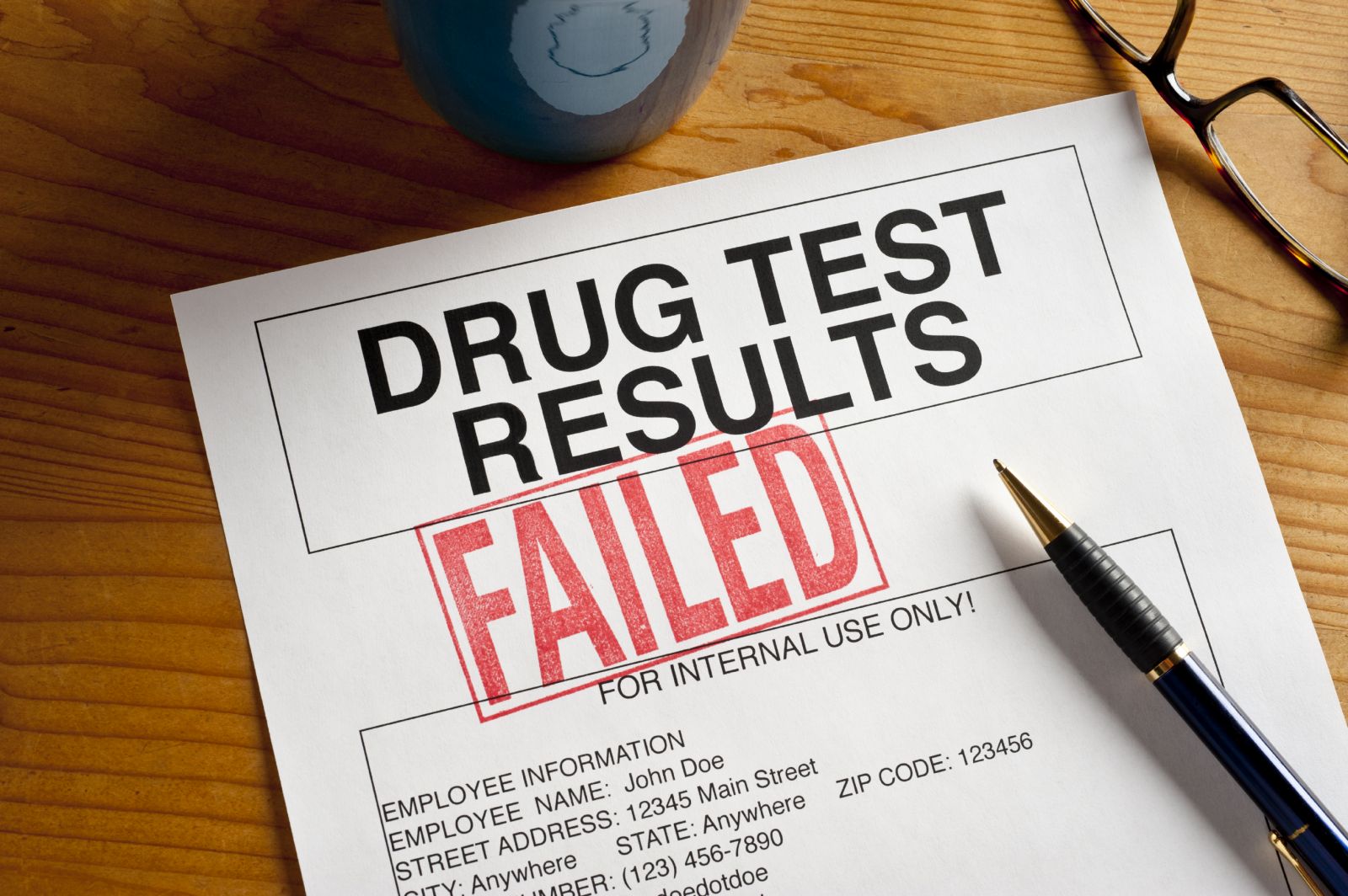In a bid to check drug abuse on campus, the University of Lagos has provided a drug test kit in its medical centre to examine students suspected to be on hard drugs.
Prof. Rahaman Bello, outgoing vice-chancellor of the institution, confirmed this at a forum on Friday, November 10, 2017 with News Agency of Nigeria (NAN) in Lagos.
Bello said that the initiative was necessary because drug abuse was on the increase in the nation’s tertiary institutions.
“Drug abuse is a major problem for every institution, particularly, those in the cities. We have gone ahead in the University of Lagos to address it.
“With the test kit, anyone who is suspected, his or her urine or blood depending on what we want to do, is collected for test.
“The thing about drug is that when you take it, it will be in your blood for a long time, so you cannot say , I did not use it once the test kit detects it.
“Before, we start using the test kit, everyone we picked denied using drug since we could not find any evidence,” he said.
According to him, with the test kit, the university has been able to pin down victims, but granted them amnesty.
He said that although the university’s regulation provided that any student found dealing with drug should be expelled, the management had to warn and rehabilitate them.
“With the rehabilitation, the victims are given two or three semesters to ‘get clean’. By this, we mean they will visit the medical centre on monthly basis to get tested.
“If after two or three visits, you are found clean, we will admit you back to the system, if not you are sent out.
“This we do not to unnecessarily punish them, but to assist them to find a way to regain themselves,” he said.
Bello said that about 100 students of the university were detected to be using hard drugs in 2016.
“One hundred out of over 50,000 students,(35,000 – full-time and 15,000 to 17,000 -part-time) may seem insignificant, but to us, one person on drug is a problem to the university community .
“If the individual is not stopped, he or she will influence so many others,” he said.
On cultism, Bello said that it was a cankerworm in the education sector as examination malpractice and drug abuse.
He said that cultism affected even secondary schools and sometimes primary schools.
According to him, some institution in cities such as University of Lagos would need to intensity efforts to check cultism because they were located in infested communities.
Bello said that the university’s management kept a watch on cult activities through intelligence network.
“We get to know once anything comes up, and we nip it in the bud. We may not have completely wiped off cultism but it has been drastically reduced,” he said.













